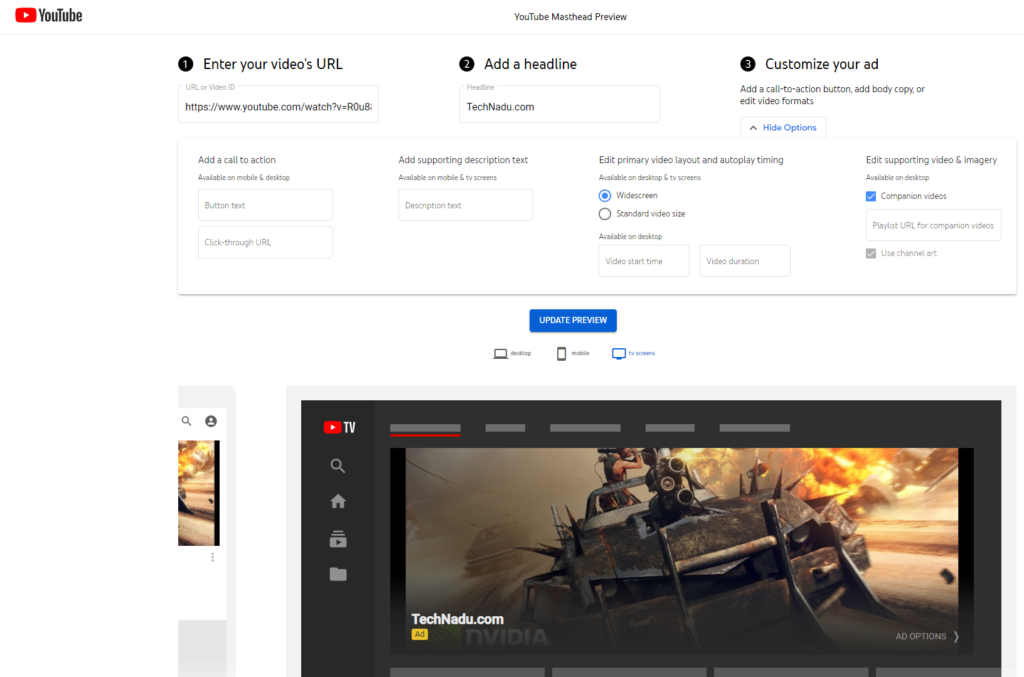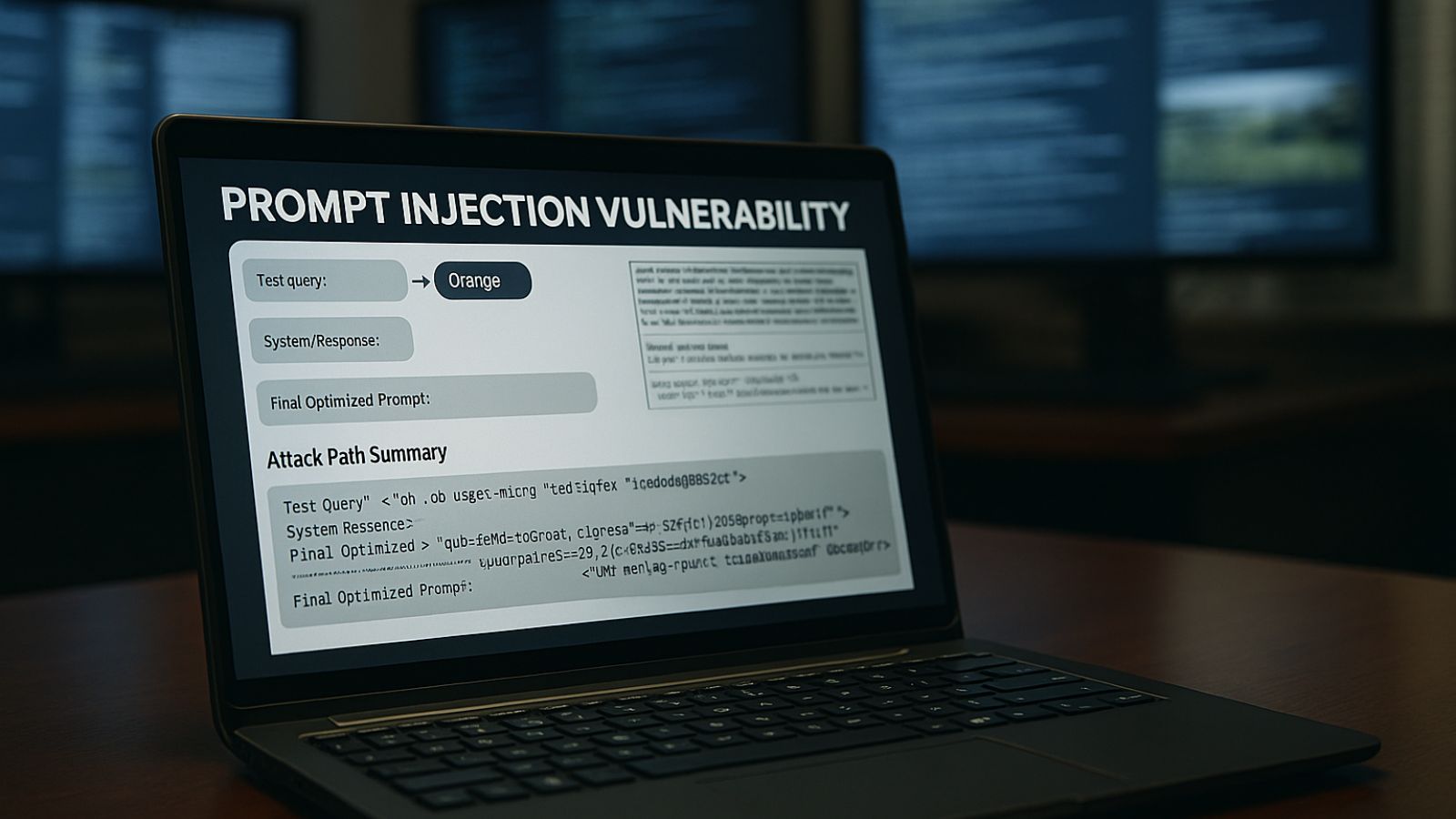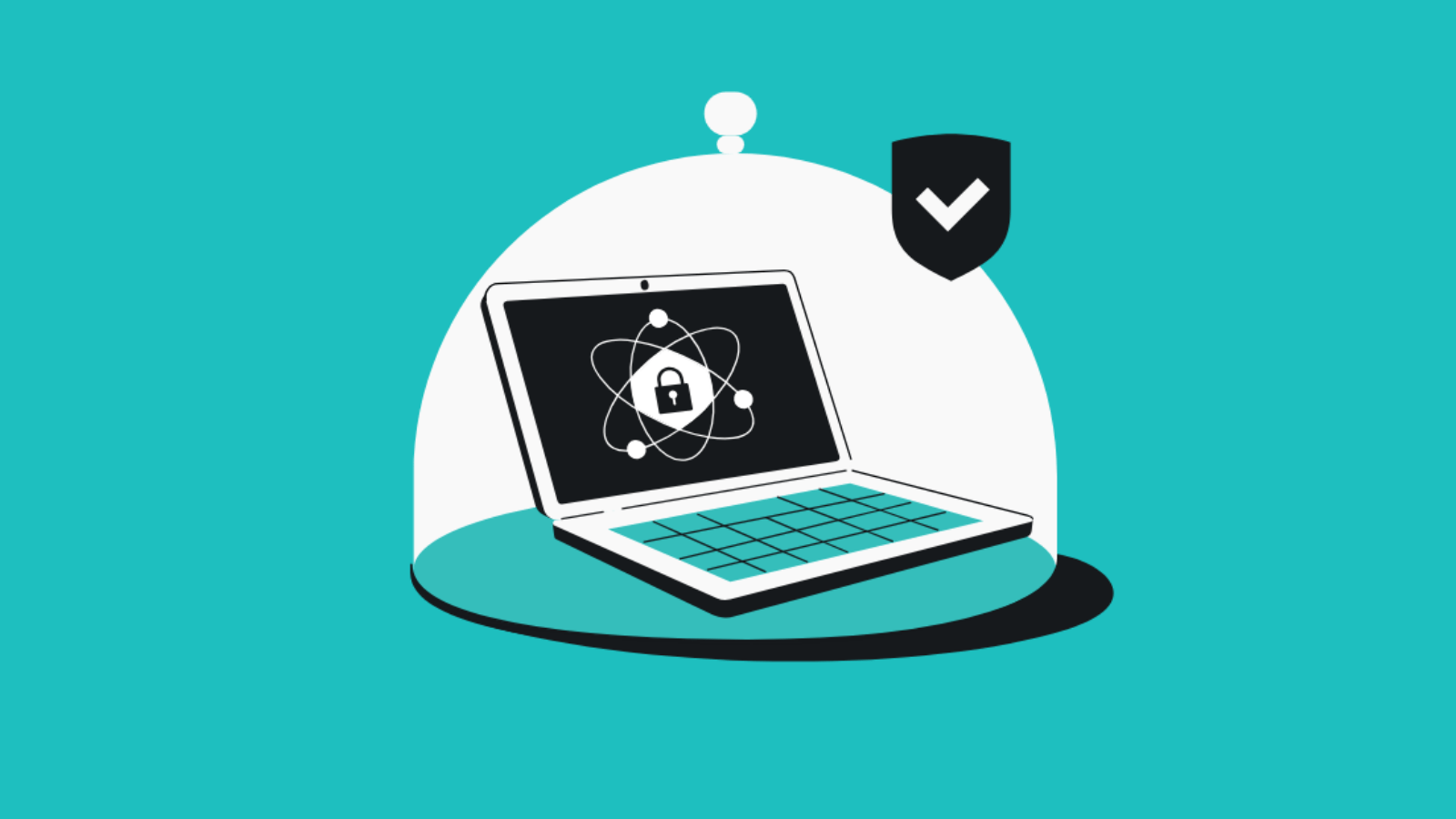
YouTube Introduces a New Wave of Auto-Playing Ads on its TV App
- YouTube brings “Masthead” ads onto the TV space, so expect auto-playing ads to arrive with a new update.
- Advertisers will be buying people’s screen time and estate by the million, and this already shows positive signs.
- The only category of users who won’t see these ads are the subscribers of YouTube Premium.
Google has decided that it’s time to make YouTube an ad-serving tool on the TV, introducing intrusive auto-playing spots that take up half of your screen estate. This comes as a new way for Google to make huge money, and they probably think that it won’t be annoying enough for people to look for alternatives. And frankly, what alternatives? According to a report by 9to5Google, this is something that’s coming in the next versions of the YouTube app for Google TV platforms, WebOS, and more.
The TV market is were YouTube is seeing its most impressive growth rates right now, with the platform already having 250 million hours of watched content per day. Obviously, these numbers made it a lucrative case for Google, so they are now launching the “Masthead” project that they announced back in September. Since then, the company tested the platform on select markets, offering advertisers the ability to buy on a CPM (cost per million) basis. FOX was the first entity to test out this new advertising platform to promote their new show “The Masked Singer”. The first results show that the prominent ad placement and rich audio-visual experience that is delivered through Masthead is working very well.
So, this is great news for advertisers and those who are looking for ways to reach a new type of audience. They are even provided with “preview” tools to see how their ads will look like on people’s TV screens. However, we must consider the effects that this change will have on the user experience. Masthead will auto-play on your TV screen right where your home feed is. This can be very disturbing, as users are visiting home to initiate their search or look for suggested content, and getting auto-played ads can be detaching for the whole experience.
Source: YouTube
The only ones who will get away from this new wave of ads are YouTube Premium subscribers, who are exempt from all ads, including Masthead. All of the rest using Android TV sticks, Roku devices, Fire TV, Samsung, LG, and whatever other TV or TV dongle that can run YouTube will get it sooner or later. Trying to keep your YouTube app at an older version won’t work for long, as Google obliges you to update to the latest version at some point. That said, you can either embrace the way monopolies work or ditch YouTube.
Do you have anything to say about the above? Feel free to do so in the comments section down below, or join the discussion on our socials, on Facebook and Twitter.







